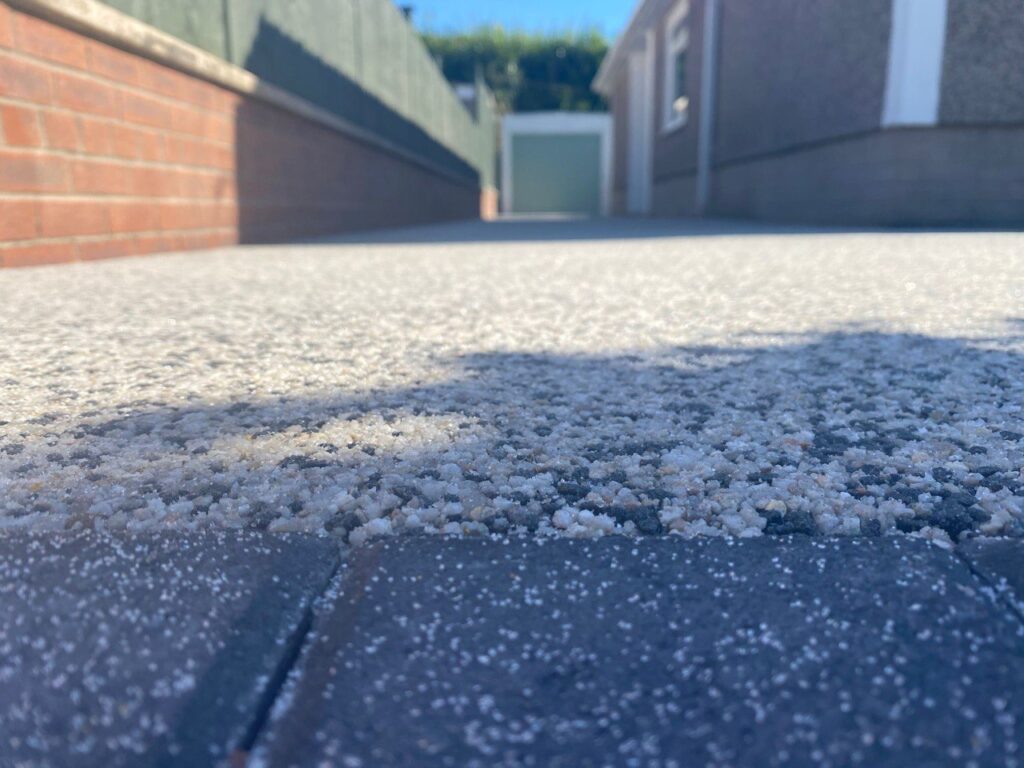Navigating Sustainability: Exploring the Environmental Impact of Tarmac Farm Roads
Introduction: Tarmac farm roads serve as vital arteries of agricultural operations, facilitating the movement of machinery, livestock, and produce across expansive farmlands. However, the environmental impact of these roads is a topic of increasing concern, as their construction and maintenance can have significant implications for ecosystems and natural resources. In this article, we’ll explore the environmental impact of tarmac farm roads and discuss strategies for minimising their ecological footprint.
Land Use and Habitat Fragmentation:
- The construction of tarmac farm roads often involves land clearing and habitat fragmentation, which can disrupt local ecosystems and wildlife habitats. Fragmentation of natural habitats can isolate populations, reduce biodiversity, and inhibit the movement of wildlife species. To mitigate these impacts, farmers can implement measures to minimise land disturbance, preserve existing vegetation, and incorporate ecological enhancements, such as wildlife crossings and vegetative buffers, into road design.
Soil Erosion and Sedimentation:
- Tarmac farm roads can contribute to soil erosion and sedimentation, especially in areas with steep slopes or inadequate drainage. Road runoff can carry sediment, pollutants, and nutrients into nearby water bodies, degrading water quality and harming aquatic ecosystems. Farmers can implement erosion control measures, such as vegetative buffers, sediment traps, and stormwater management infrastructure, to address these issues, minimise soil erosion, and protect water resources.
Water Quality and Pollution:
- The runoff from tarmac farm roads can contain pollutants such as sediment, oil, grease, and heavy metals, contaminating water bodies and harming aquatic life. Additionally, chemical additives and sealants in road construction and maintenance can contribute to water pollution. To reduce water pollution from tarmac farm roads, farmers can adopt eco-friendly practices such as using permeable paving materials, minimising the use of chemical additives, and implementing best management practices for stormwater management.
Carbon Footprint:
- The construction and maintenance of tarmac farm roads can contribute to greenhouse gas emissions and climate change. Asphalt production, a key component of tarmac roads, requires energy-intensive processes that emit carbon dioxide and other greenhouse gases. Additionally, heavy machinery and equipment used for road construction and maintenance contribute to emissions. To reduce the carbon footprint of tarmac farm roads, farmers can explore alternatives such as using recycled materials, optimising material use and adopting eco-friendly construction techniques.
Energy Consumption:
- Tarmac farm roads require ongoing maintenance, including repairs, resurfacing, and resealing, which can consume significant energy and resources. Heavy machinery and equipment used for maintenance activities contribute to energy consumption and environmental impact. To minimise energy consumption, farmers can implement proactive maintenance practices, such as regular inspections, crack sealing, and surface resealing, to prolong pavement life and reduce the need for frequent repairs.
Conclusion: While tarmac farm roads play a critical role in facilitating agricultural operations, it’s important to recognise and address their environmental impact. By implementing sustainable practices such as minimising land disturbance, controlling erosion, protecting water quality, reducing carbon emissions, and optimising energy use, farmers can mitigate the environmental footprint of tarmac farm roads and promote the long-term health and sustainability of agricultural landscapes. Together, we can navigate the path to a more environmentally responsible approach to road construction and maintenance that balances the needs of agriculture with the preservation of our natural resources.
Call us on: 01622 938 289
Click here to find out more about Maidstone Driveways & Surfacing
Click here to complete our contact form and see how we can help with your driveway needs.

